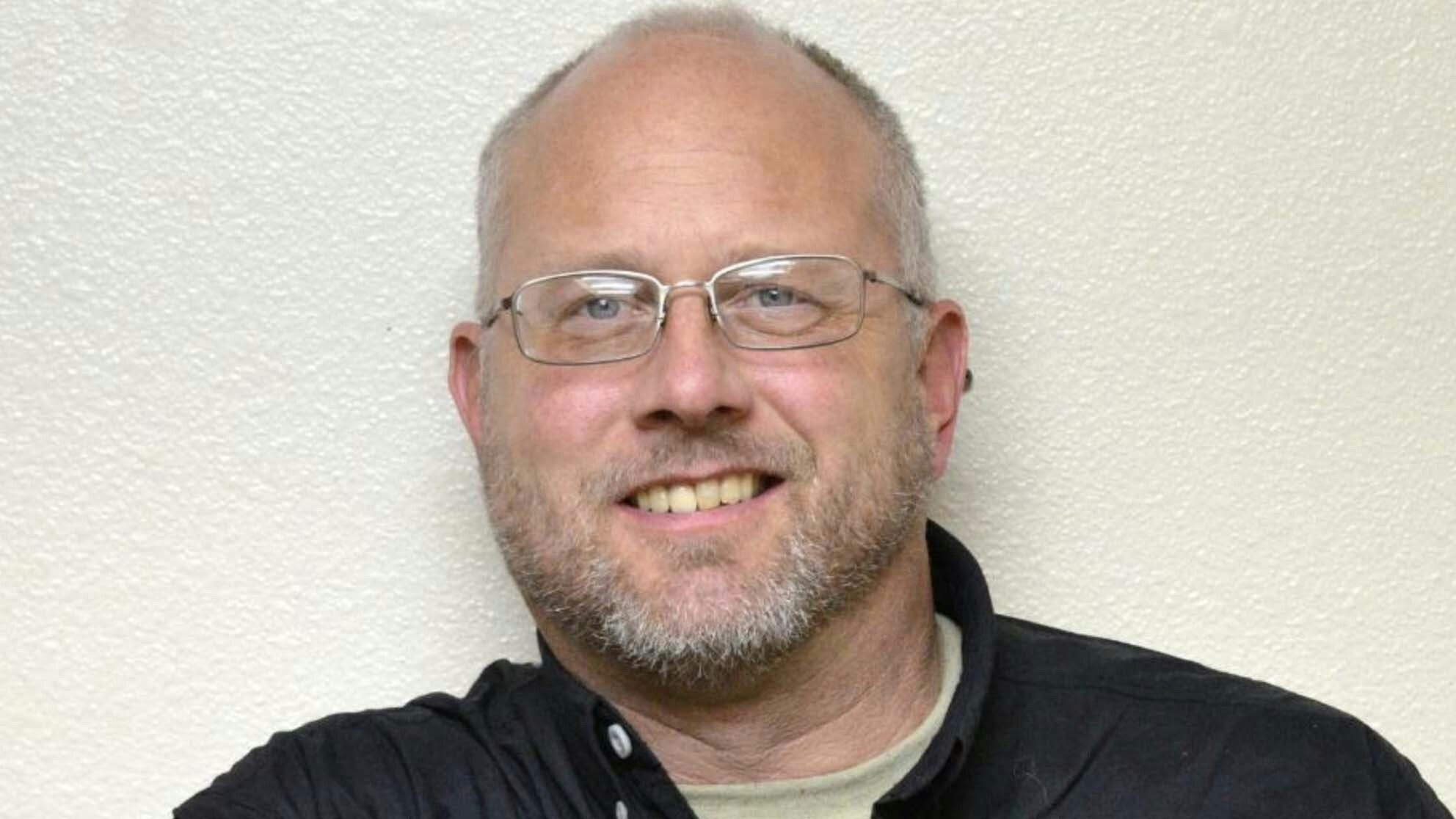In recent months, Wyoming’s public discourse has crackled with accusations and counter-accusations of “censorship.” It is gratifying to see the awakening of a frank and civil discussion about First Amendment principles and the realities of censorship.
There is legitimate censorship and there is illegitimate censorship. Civil discourse requires that we know the difference. Flinging out the word “censorship” to silence ideological opponents debases public discourse.
Social taboos, state laws, and institutional rules all have legitimate reasons to exclude certain words and subjects. Public servants—such as teachers, coaches, and elected officials—are rightly called out for using vile invective against students on the field, or colleagues on the floor. This is proper censorship. Children, likewise, should be turned away from the box office of an R-rated, or X-rated movie. This is proper censorship.
Such cases should be distinguished from improper censorship. Examples of this also abound in news media, on social media, in schools, and in the halls of government. Viewpoint discrimination on the editorial page, shadow banning in social media, exclusion of the Bible from the classroom and hate-speech laws are all examples of illegitimate censorship.
Legitimate censorship builds a better society. Illegitimate censorship leads to barbarism. Looking outside of our immediate context can illumine this distinction. Common to the most murderous regimes of the 19th and 20th centuries is the censorship of religious speech. Totalitarians require such censorship because religions tend to teach loyalties that are above the nation (“one nation under God.”) Religions also appeal to unchangeable ethics rooted in principles beyond the current regime.
As prelude to World War II, Europe’s state churches were, one-by-one, censored by the regime. This did not happen without dissent. Nazis first silenced the state church’s opposition to anti-semitism by lavishing favors on clergy. Those who continued to speak the truth, were de-platformed, imprisoned and murdered. Only after the historic doctrine of the state church was replaced by so-called “German Christianity,” did the real evil begin.
The Nazi project, for instance, did not use Lutheranism to murder millions. It silenced Lutheranism in order to weaponize its hollow-out institution. That’s why it should concern the entire world when long-accepted Christian doctrines suddenly become the object of censorship. And this is happening both in America and abroad–in both subtle and overt ways.
Last Monday, Jan. 24, 2022, a diminutive woman, named Päivi Räsänen, stood before a tribunal in Helsinki, Finland to face formal charges. Dr. Räsänen is a family physician who was elected as a Member of Parliament. Later, she rose to be the interior minister of Finland (2011-2015). Her education, public-mindedness, and popularity with the Finnish people cannot be questioned. Now, if convicted, she faces two years in prison and up to €10,000 ($11,300) in fines.
While several charges were leveled by the Finnish prosecutor general, the most alarming, from a censorship point of view, is the charge that she criticized the leadership of Finland’s state church by tweeting a photograph of the state church’s own Bible opened to Romans 1:24-27.
The state does not take issue with words that she wrote, but with the words of the Bible itself. This demonstrates, from the outset, that it is not a charge that hinges on “interpretation.” Rather, the state church of Finland admits that the uninterpreted words of the Bible are themselves offensive to the state.
Räsänen, herself, understands that this blatant censorship is an attempt to outlaw any principle or any god who stands over the Finnish government. Would that there were more people like her who stood for the Christian doctrine that the Nazis wanted to silence! We cannot stand in judgment of societies that were overcome by lies and murder if we are unwilling to stand in support of those willing to stand for life and truth today.
Today, Finland’s prosecutor general is seeking to censor the quiet and kind voice of Dr. Räsänen. She teaches us all how a good citizen should respond: “Now it is time to speak. Because the more we are silent, the narrower the space for freedom of speech and religion grows. If I’m convicted, I think that the worst consequence would not be the fine against me, or even the prison sentence, it would be the censorship.”
While Päivi Räsänen stands against totalitarian tendencies across the pond, let us follow her brave example in opposing illegitimate censorship wherever it may raise its totalitarian head.





